During my work as a Sustaining Engineer at Canonical, occasionally I get tasked
with analysing and fixing high profile regressions that turn into world ending
emergencies. I think I have worked on four or five of these cases now, and
behind each and every one there is a story to tell, and lessons to be learned.
Today, we will dive into the intricate and complex series of events that caused
the worldwide Azure AKS Cloud outage, for systems running Ubuntu 18.04 LTS,
which I had the responsibility and leadership to resolve.
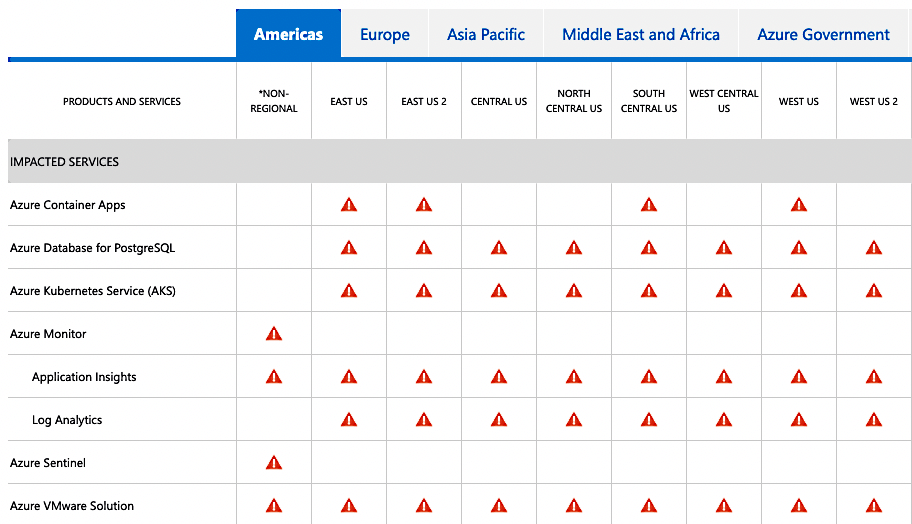
So, go brew a cup of coffee or whip up a hot chocolate, and let’s recount the
events that happened four months ago, and how we worked to resolve them without
causing another world ending event to occur.
More …
Not too long ago, I worked on a fairly interesting case where a user claimed
that many of the binaries on their system were missing Stack Canaries provided
through -fstack-protector-strong and additionally, many were missing
Fortify Source being enabled through -D_FORTIFY_SOURCE=2.
This is most unusual, since these compiler flags, along with many others, are
enabled by default for all packages in the Ubuntu archive.
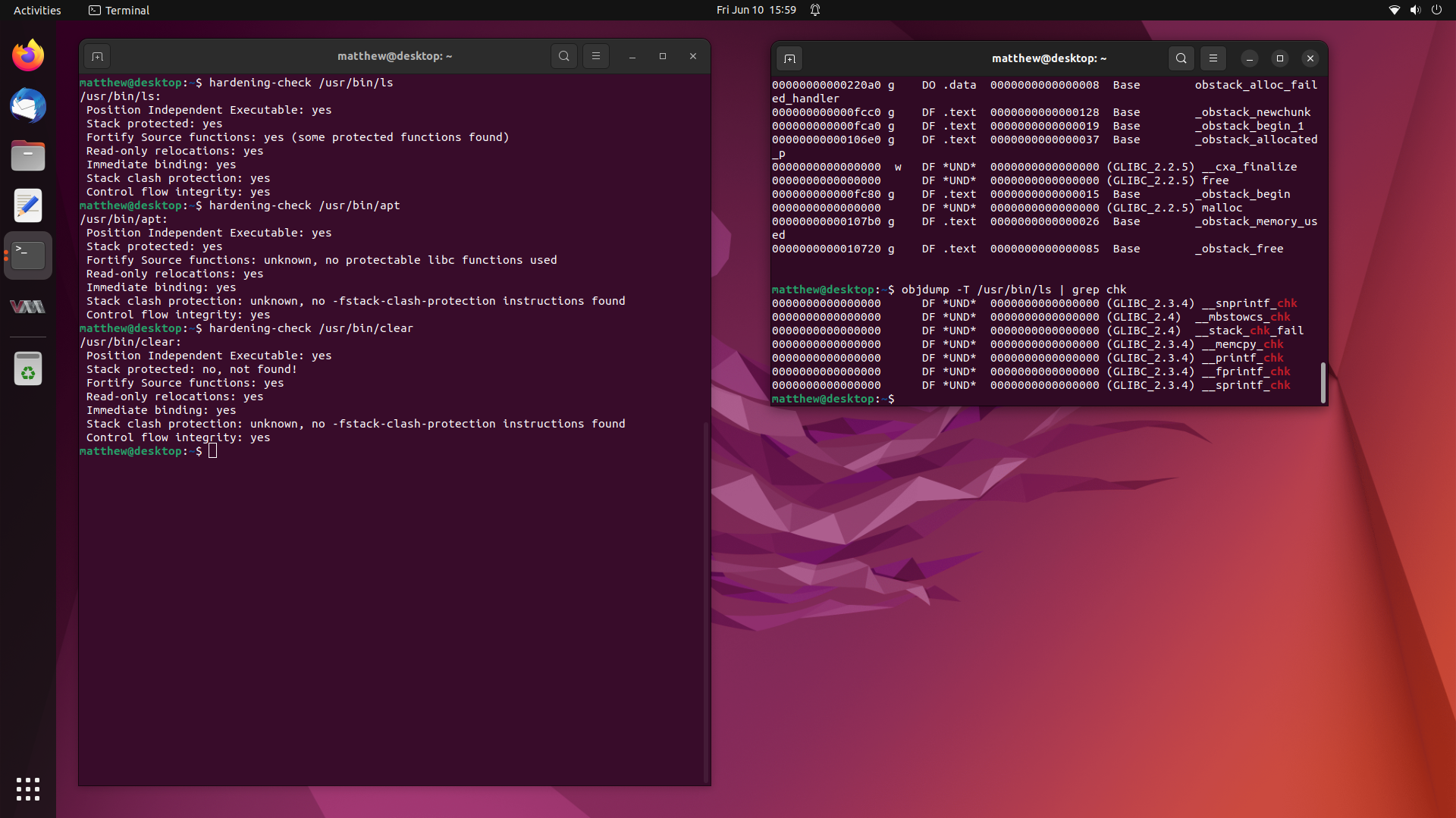
So in this writeup, we are going to investigate this user’s claims, and try get
to the bottom of the mystery of the missing compiler hardening options in
binaries from the Ubuntu archive. Stay tuned.
More …
It has been a really long time since my last blog post, so let’s fix that by
writing a followup post to my popular article on learning to write Juju Charms,
where we wrote a simple Charm to deploy a production ready Minetest server,
complete with postgresql integration through Juju relations.
Today, we are going to go a step further and delve into Reactive Charms, where
we can define and maintain state through flags. Flags let us have a memory of
events that have happened in the past, and only run certain functions to “react”
to changes in those flags.
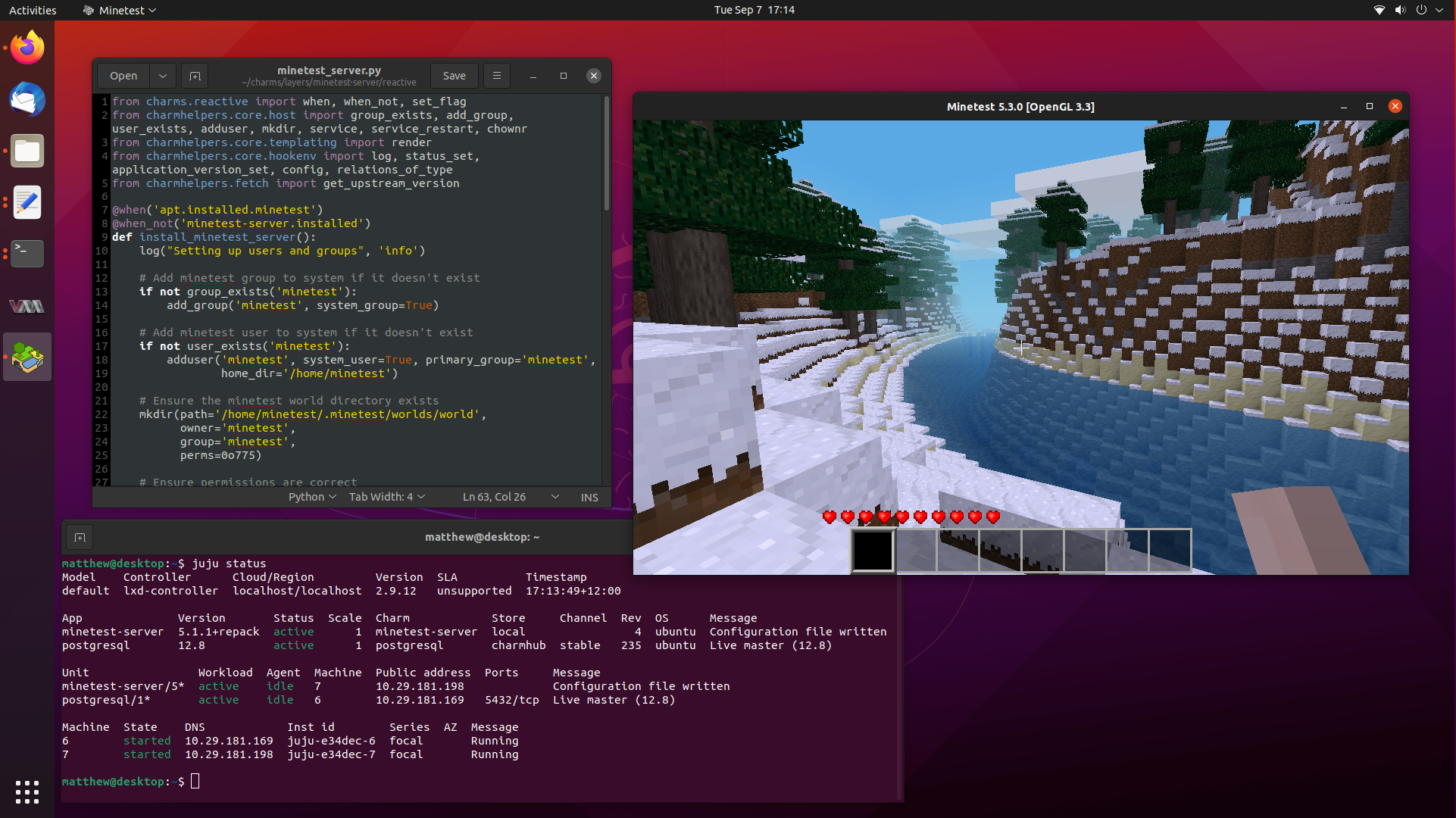
Reactive Charms are primarily written in Python, and there are a lot of different
submodules that exist to help you develop your Charm. So buckle up, because we
are going to take our little Minetest Charm to the next level.
More …
A few days ago, a case came in which had some rather odd symptoms, such as
processes using high amounts of CPU and memory, and running from the /tmp
directory.
After asking for some logs, and some samples of the binaries, it became obvious
that the system was compromised, and was now running some interesting malware.
In this post, we are going to look into the malware called dovecat, which
turned out to be a cryptominer, and hy4, which is a IRC botnet malware
dropper.
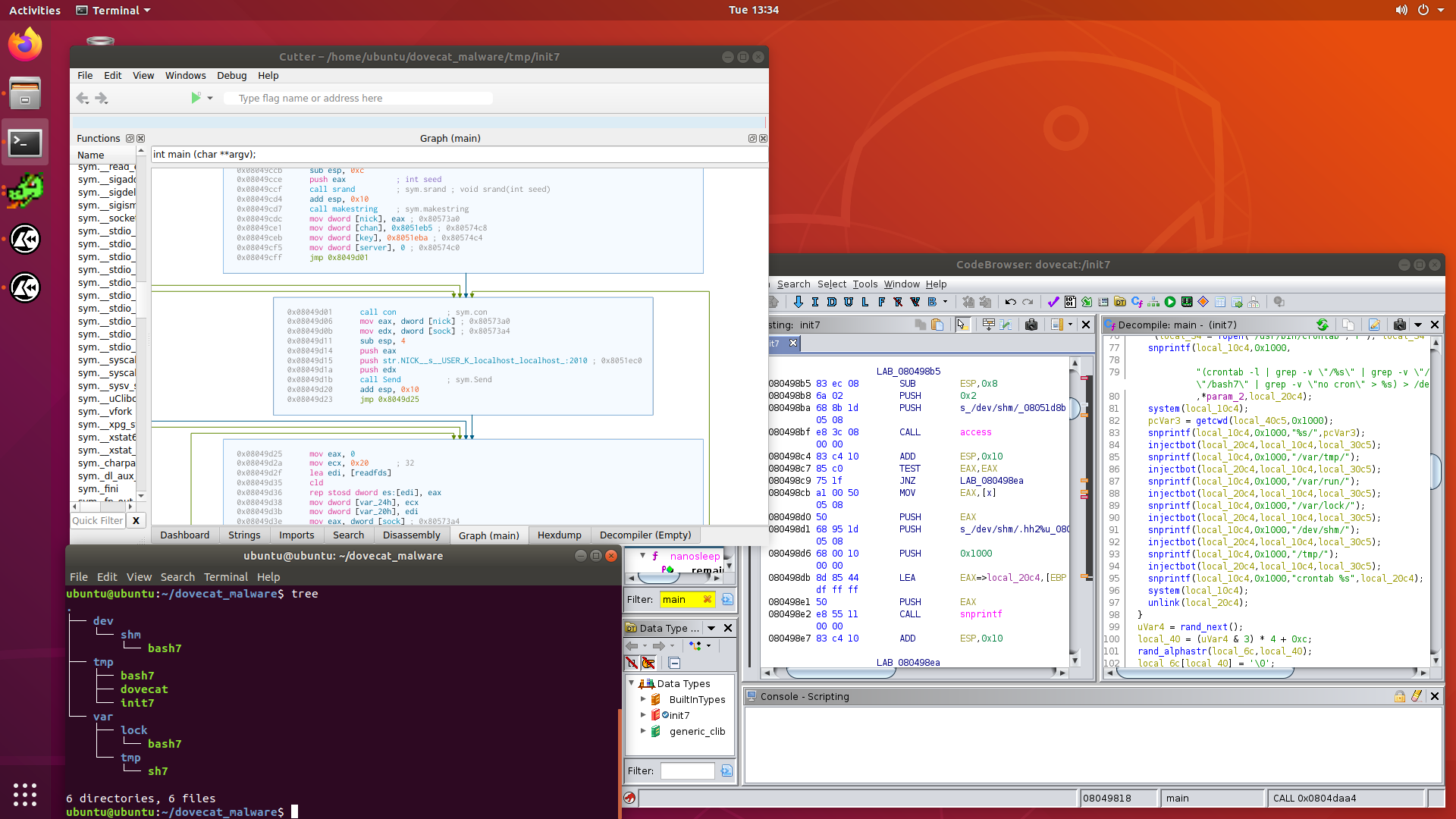
I’m pretty excited, as I haven’t analysed any Linux malware before, and this is
real life stuff pulled directly from a production machine, so it still has its
fangs intact.
Let’s get started.
More …
You might have noticed a small change when running the dmesg command in
Ubuntu 20.10 Groovy Gorilla, since it now errors out with:
dmesg: read kernel buffer failed: Operation not permitted
Don’t worry, it still works, it has just become a privileged operation, and it
works fine with sudo dmesg. But why the change?
Well, I happen to be the one who proposed for this change to be made, and
followed up on getting the configuration changes made. This blog post will
describe how it slightly improves the security of Ubuntu, and the journey to
getting the changes landed in a release.
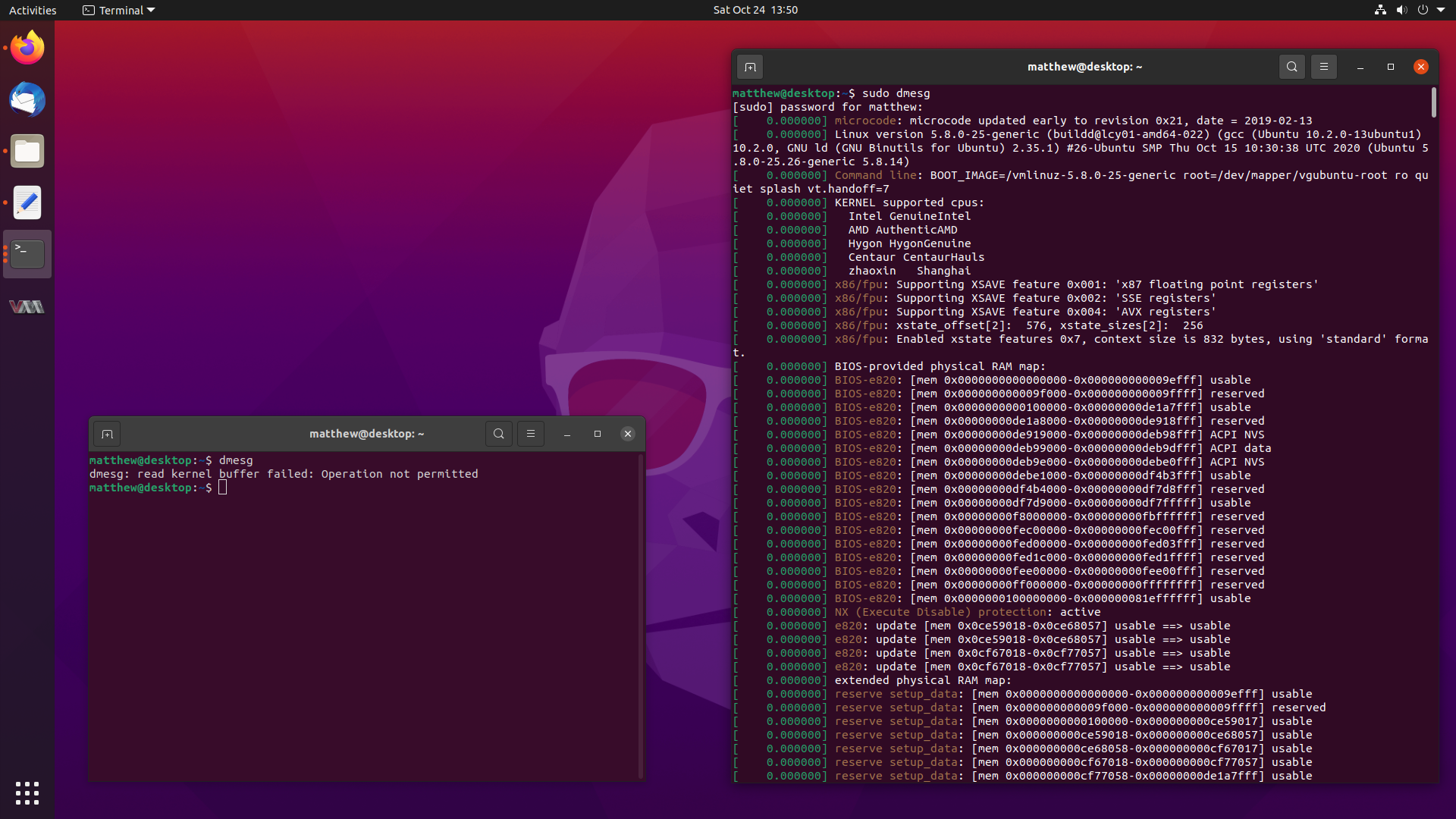
So stay tuned, and let’s dive into dmesg.
More …




